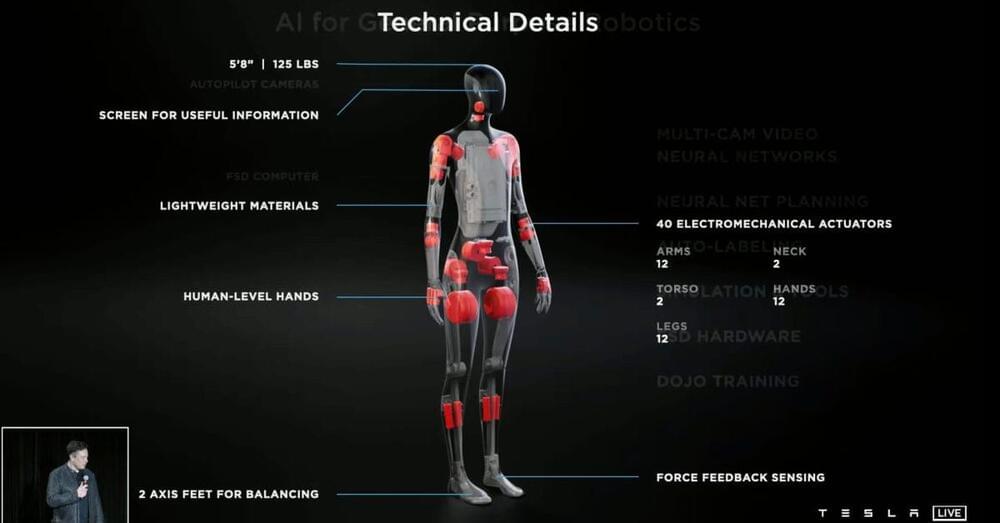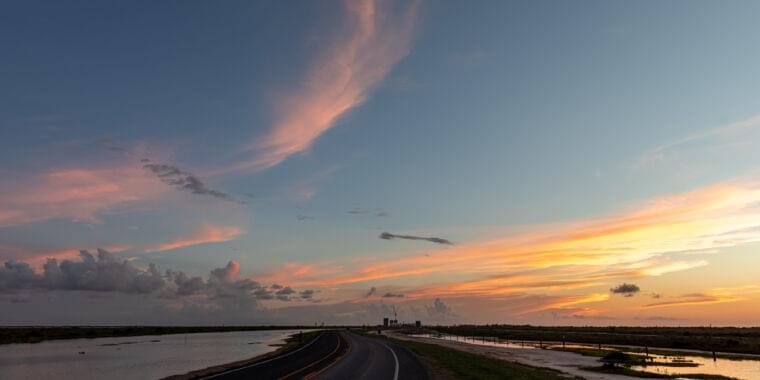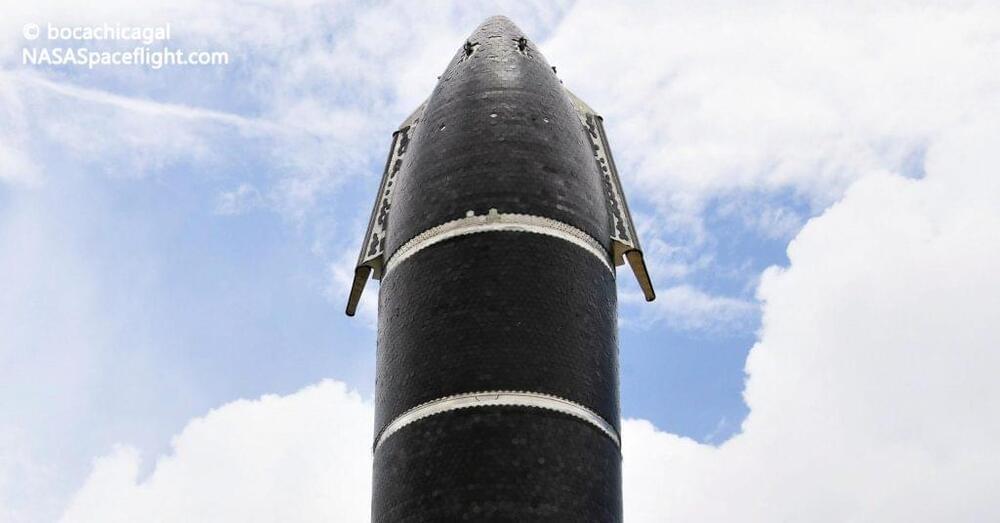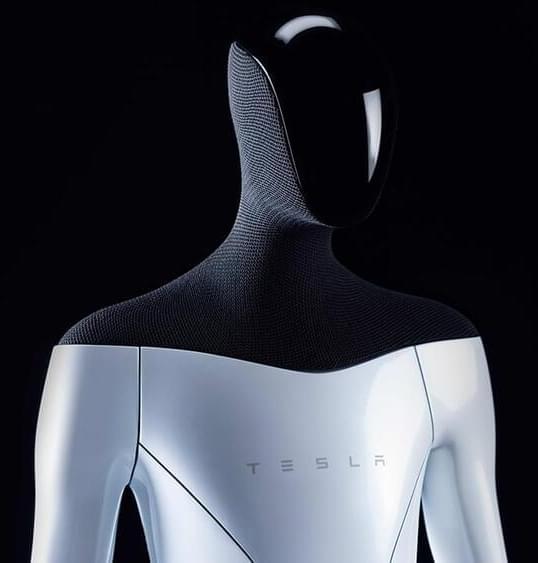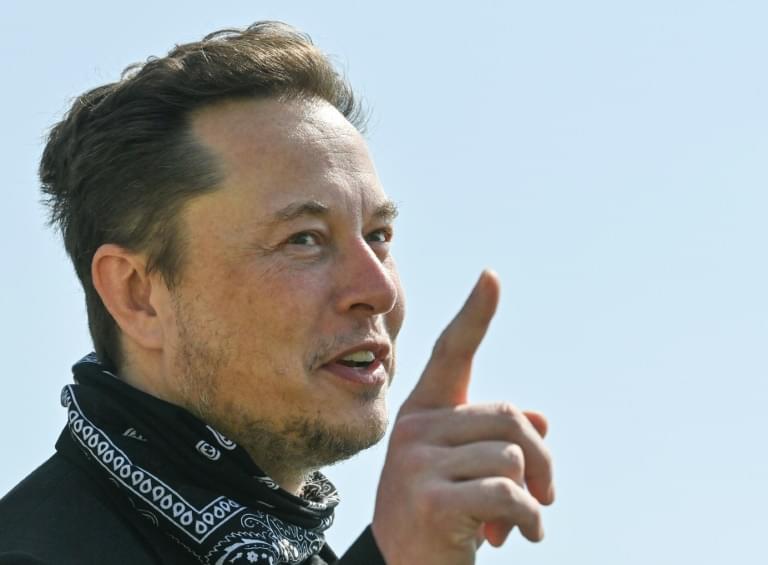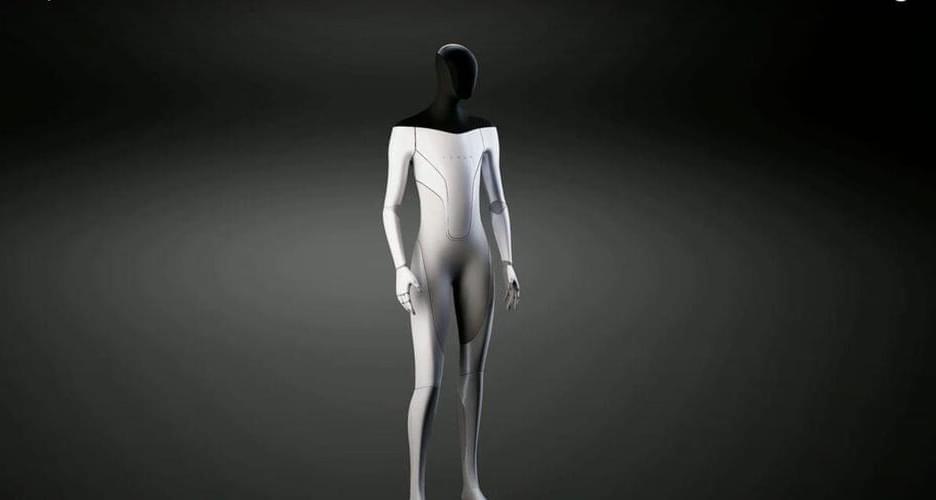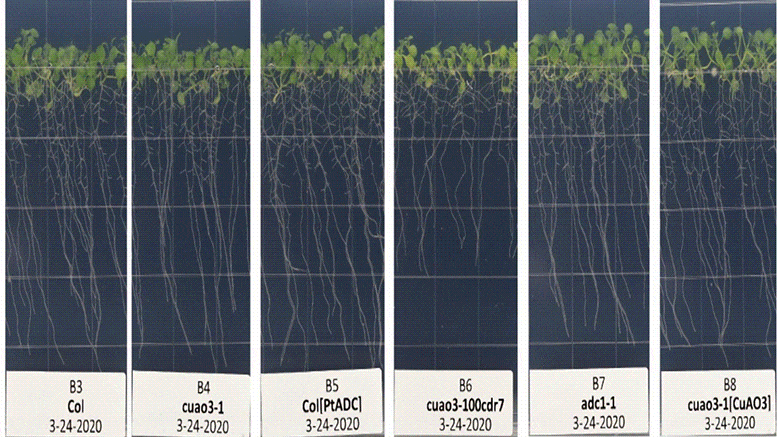I’d like to see anything as far as a Humanoid Robot. But, at this point i think it would be a mistake to try and re invent the wheel. Boston Dynamics last sold for 2 billion dollars, a steal really, and a shame they didn’t try to bring it back to the USA. Anyways, as far as Humanoid Robots, unless he is willing to solve the issue of building robotic hands that can perfectly match human hands this wont go anywhere. Once that is done though you have a realistic labor force for the Moon and Mars.
Tesla Inc. showcased its artificial-intelligence systems on Thursday amid renewed criticism for Autopilot, its most-talked-about AI-based system, as it unveiled its next big project: a humanoid robot.
At the company’s first AI Day, Chief Executive Elon Musk gave a preview of the Tesla Bot, a 5-foot-8-inch robot with a screen for a face, weighing about 125 pounds and capable of moving about 5 mph — slow enough for people to run away from and small enough so a human could overpower it, Musk joked. He said a prototype is expected next year.
Musk said building a humanoid robot is a logical next step for Tesla, since, he said, it’s already “the world’s biggest robotics company,” with its cars basically robots. The humanoid robot will use all the tools in Tesla’s vehicles — sensors, cameras, neural networks, etc. — to autonomously navigate the outside world.
